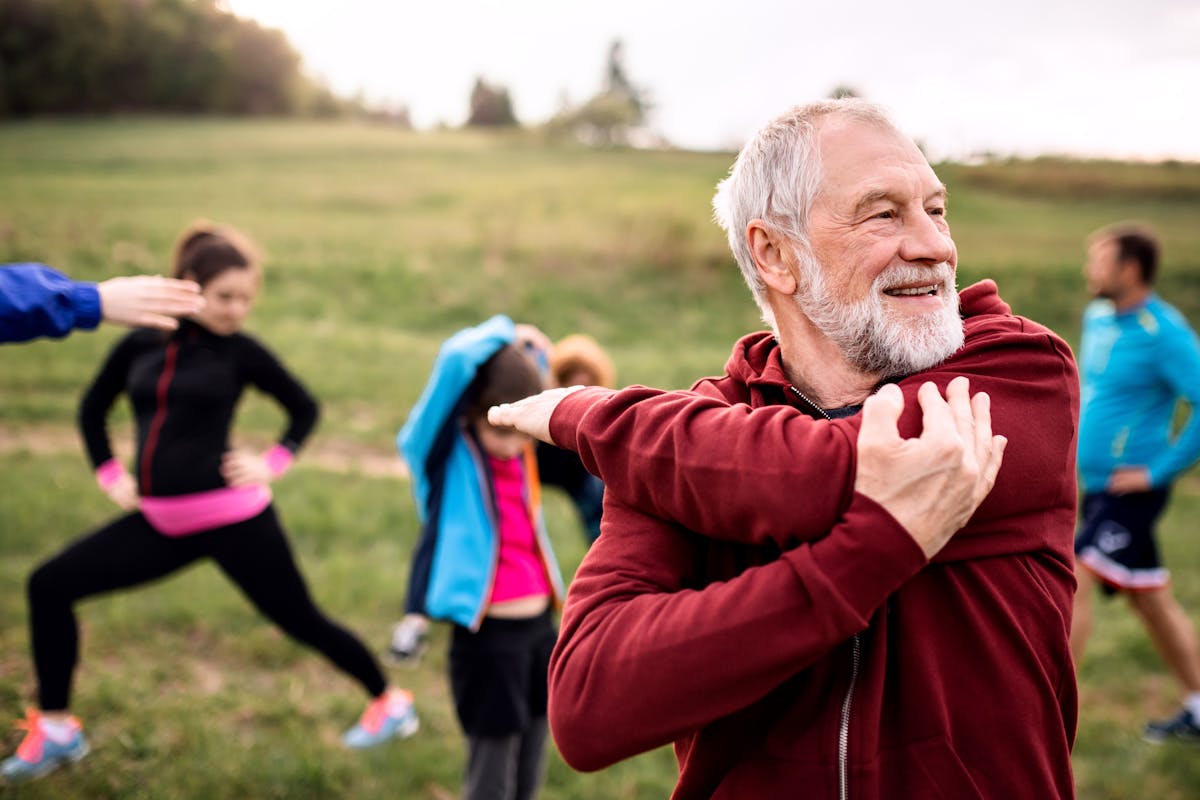Winter Isolation Risks for Older Adults

As we head into the coldest season of the year in most parts of the country, it’s important to take a few minutes to address the health risks older adults face. From an increased chance for a vitamin D deficiency to falls on icy sidewalks, winter presents unique hazards. One that often surprises people is the medical conditions linked with isolation among older adults.
Cold, snowy weather can lead many seniors to spend the majority of their time indoors. It’s one reason why winter isolation impacts more older people than younger ones. For those with mobility issues or older adults who are fearful of winter driving, the odds of becoming isolated are even greater.
Just what medical conditions are associated with isolation among older adults? And what can be done to avoid them? Here’s what the research shows.
Health Hazards of Isolation During Retirement
Even before the COVID-19 pandemic disrupted people’s social lives, researchers were sounding the alarm about the medical problems isolation can cause. Many times, it’s because older adults who become isolated also become more sedentary. Sitting too much puts people at increased risk for a variety of health problems, such as:
- Obesity
- Diabetes
- Depression
- Anxiety
- High blood pressure
- Dementia
- Heart disease
- Stroke
What might help seniors sidestep these health risks, even if they are isolated during the winter? Scientists say it starts with better understanding the issue so you or an aging loved one can avoid falling victim.
Preventing Health Issues Caused by Isolation
- Keep moving: It’s a myth that daily exercise is all you need to avoid a sedentary lifestyle. While physical fitness is essential to healthy aging, sitting too much is a separate issue—and a dangerous one for older people. Researchers believe a sedentary life might be just as dangerous as smoking. Instead of sitting for long periods, get up and move around every hour or so whenever possible. Take a lap around the living room, do a little housework, or march in place. The goal is just to move. This article has some great tips for staying active during the winter.
- Stay connected: Social seniors tend to be healthier people, mentally and physically. If winter weather makes it tough to get out and see friends and family in person every day or two, take advantage of technology. Instead of just calling loved ones, chat with them virtually. Zoom, FaceTime, and Skype are all free platforms that are easy to use. That face-to-face interaction can boost the spirit and help you feel more connected.
- Explore transportation services: If you’ve made a habit of limiting driving during the winter and don’t want to ask loved ones for rides, you might be spending more time isolated at home. A couple of avenues to explore for this time of year are ride-sharing services and senior transportation companies. Check with your local senior center or agency on aging to see if they are aware of any local options. Many maintain lists of reliable transportation providers who cater to older adults.
Finally, it might be a great time to consider a move to an active senior living community. These communities thoughtfully combine freedom from household tasks and chores with social activities, transportation, and on-site fitness programs. These tips for evaluating senior living communities virtually might be a helpful resource for getting started.
Invest in a Mobile Monitoring Unit This Winter
Safety is often a concern for older adults who live alone, especially when winter weather threatens. One solution is to invest in a mobile monitoring unit. In the event of an emergency, you’ll be connected to assistance with the simple press of a button. Call 1-844-203-5617 to learn more today!